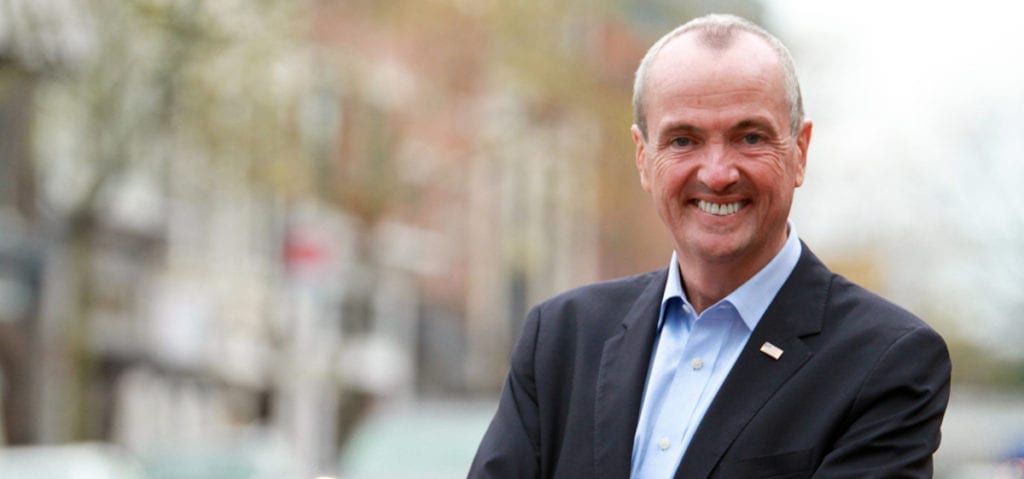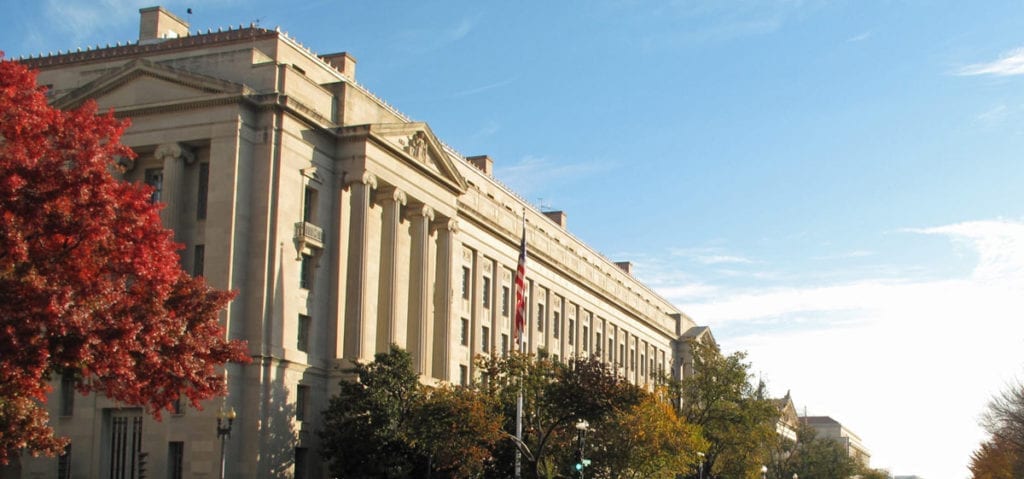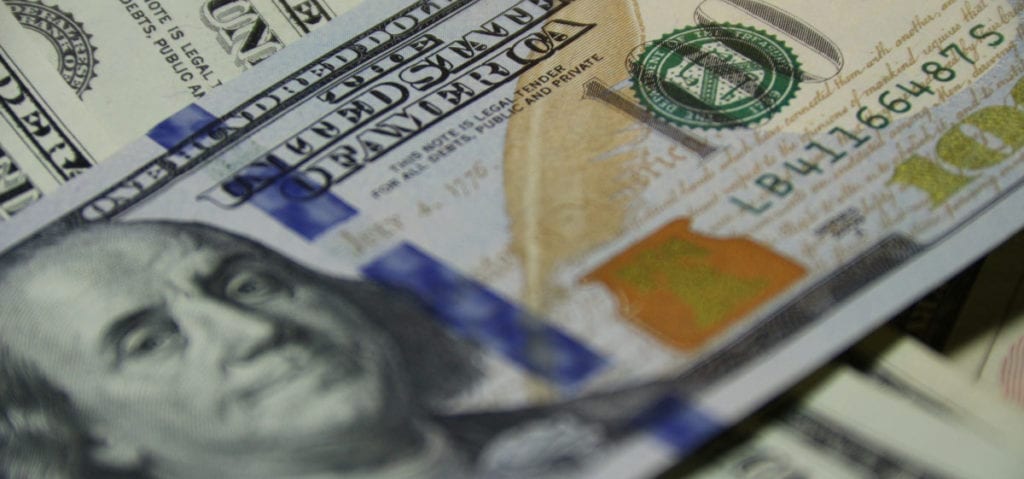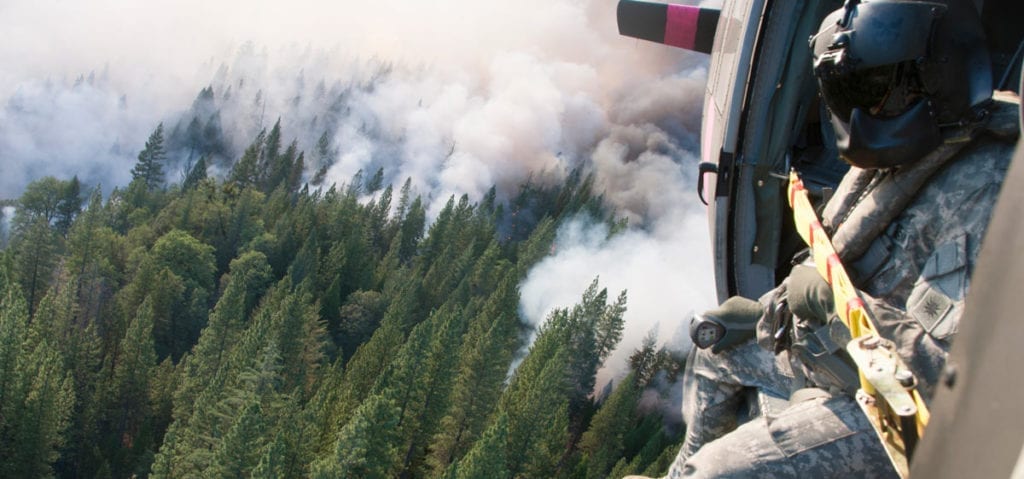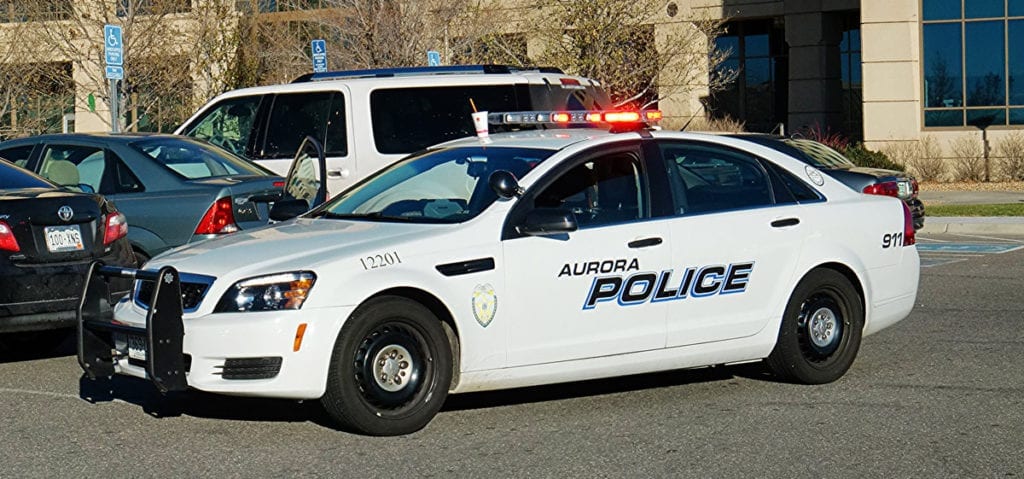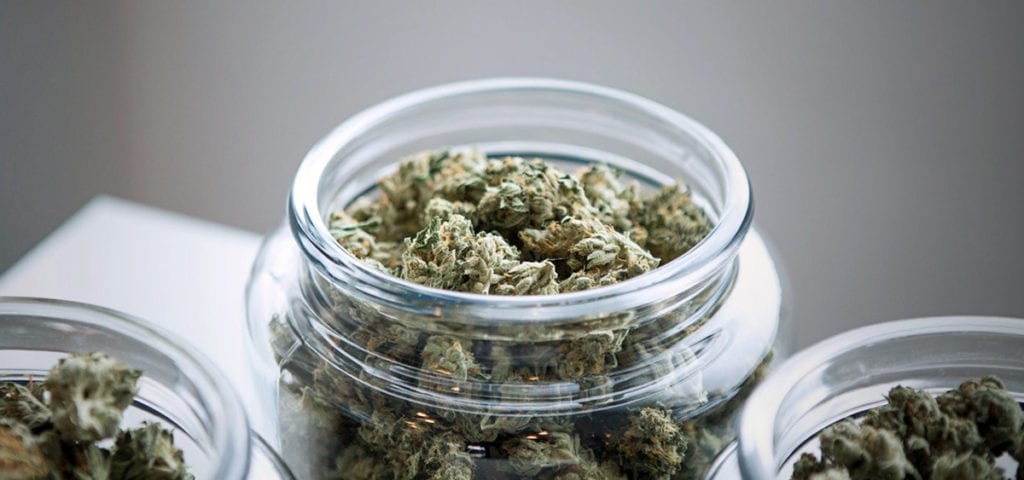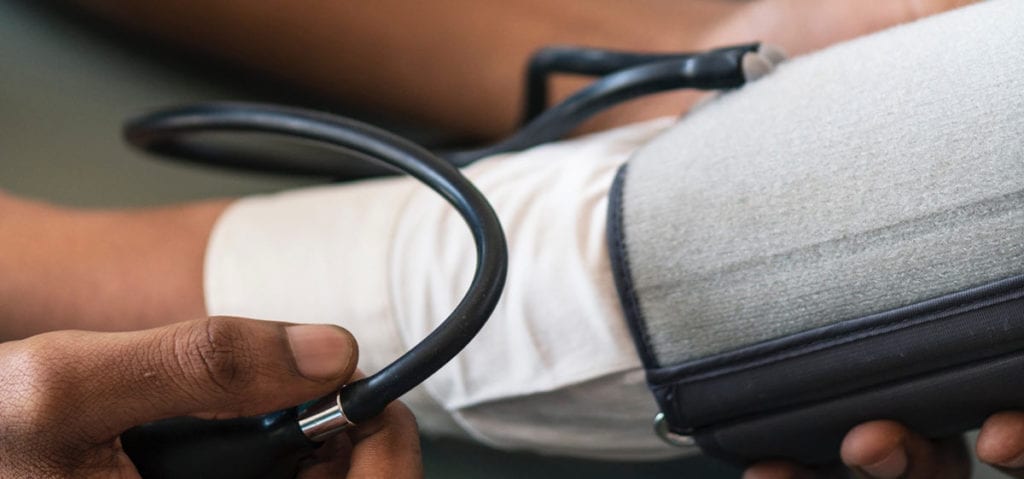Woburn, MA — Medicinal Genomics Corporation (MGC), a pioneer in using genomics to improve the transparency, safety and yield of cannabis has today announced the industry’s most comprehensive cannabis reference genome, a high quality de novo genome assembly of the Jamaican Lion cannabis strain. As the first reference genome to break “usability barrier,” the significance of this development cannot be overstated. Having a comprehensive cannabis genome opens the door to a host of industry innovations, including enabling cannabis research in states and countries where cannabis is still illegal, marker-assisted selection (MAS) for genetically-based strain identification, accelerated breeding to improve production yields, reliable seed-to-sale tracking systems, and pathogen identification to ensure cannabis purity and safety.
“For the first time, growers and breeders will have a complete and reliable genome from which to create new strains for increased yields and productivity, while documenting them to protect their work. Cultivators will also be able to embark on a brand new era of intelligent breeding destined to change the way cannabis is grown, sold and consumed,” said Kevin McKernan, chief science officer for Medicinal Genomics. “And this is just the beginning of enhancing cannabis yield with genomics. This plant that has the potential to be more valuable than wheat and corn combined, but with far more varied and diverse uses, including everything from CO2 sequestration to pain relief and medical therapies to complete vegetable proteins, clothing and industrial materials.”
McKernan’s pedigree in genetics dates back to his work as a member of the Human Genome Project at MIT. “The completeness of the human genome that was celebrated at the White House in 2001 is 10-fold lower in quality compared to the cannabis genome we’ve just released. That’s certainly understandable considering the complexity the cannabis genome, but it’s more indicative of just how far the technology has come in almost 20 years,” he said.
MGC was the first to sequence the cannabis genome with its sequencing of the Chemdawg cultivar in 2011. Since then, major breakthroughs in sequencing technology have enabled their reference of the cannabis genome to greatly exceed the standards set by the Human Genome Project in 2001. The company has also steadily applied these improvements by adding more genomes to its Kannapedia knowledge database, and in 2018, in validation of the company’s progress their work was underwritten by the DASH Cryptocurrency.
The subsequent results of these efforts were made public on its blockchain, as will the latest Jamaican Lion reference genome, whose high quality assembly was recently presented and described by MGC senior advisor, Dr. Timothy Harkins, at the 2019 Plant and Animal Genome conference in San Diego. Publishing the “crypto-incentivized, blockchain-recorded peer review” (CIBR)” genome provides a foundation for others to build upon to fully characterize the genome and how it functions. Some of the early descriptions included identifying important locations for seed production and elucidating the complexity surrounding gene families for important cannabinoid production.
Transparency of review will validate the comprehensiveness of the assembly, and thus its repeatability, and when it comes to genetics, repeatability is the key to usability. Other companies have released their own version of the cannabis genome, but these attempts are significantly incomplete, missing at least 1 in every 10 genes. This lack of completeness creates gaps in the sequence information, creating reproducibility issues and ultimately a “usability barrier” for customers and renders these sequences highly compromised for serious commercial work.
In the Jamaican Lion assembly, over 180 billion bases were sequenced with Pacific Biosciences latest Version 6 Chemistry, allowing MGC to select the longest reads as the foundation for the DNA assembly process. These reads are so long and accurate that every base is covered over 15 times with 60,000 base pair reads. This is an order of magnitude more contiguous than anything produced to date and is 1000 times more contiguous than the genomes MGC published with Illumina technology in 2011.
In addition to its partnership with DASH Cryptocurrency, MGC’s collaborated with New England Biolabs, Phase Genomics, and Pacific Biosciences on the project and has set a new standard for the completeness of genetic information. The entire 1.1 Gb cannabis genome, which contains 10 chromosomal pairs, is now made up of just 387 pieces, each containing an average of 7.62 million bases. This genomic length includes the maternal and paternal genomes present in a diploid cell.
In addition to the Pacific Biosciences accurate long read sequencing, 1 billion HiC reads have been generated using Phase Genomics technology. This technology orders and orientates the 387 pieces of the genome into full length chromosomal pictures while assisting in separating the mother and father genomes from one another. New England Biolabs also surveyed the methylome and RNA landscape with their novel EM-Seq method and recently presented their results at the Plant and Animal Genome conference in San Diego, as well.
“We began this work to demonstrate prior art in an effort to help overturn the broad utility patents that have the potential to strangle the entire cannabis industry before it ever gets started. These patents should never have been granted in the first place and we intend to use full power of science to unlock the cannabis plants’ genetics to get these restrictive and predatory patents invalidated,” said Brendan McKernan, Medicinal Genomics’ CEO. “We welcome the participation of other firms working on the genome to join us in this effort.”
About Medicinal Genomics Corporation
Medicinal Genomics Corporation has pioneered the genomics of cannabis to build a stronger scientific foundation for cannabis-based products. Our unmatched expertise in genetic science has helped cultivators, dispensaries and testing laboratories characterize and understand the quality and consistency of cannabis to ensure patients and consumers have access to consistently safe, high quality cannabis.
